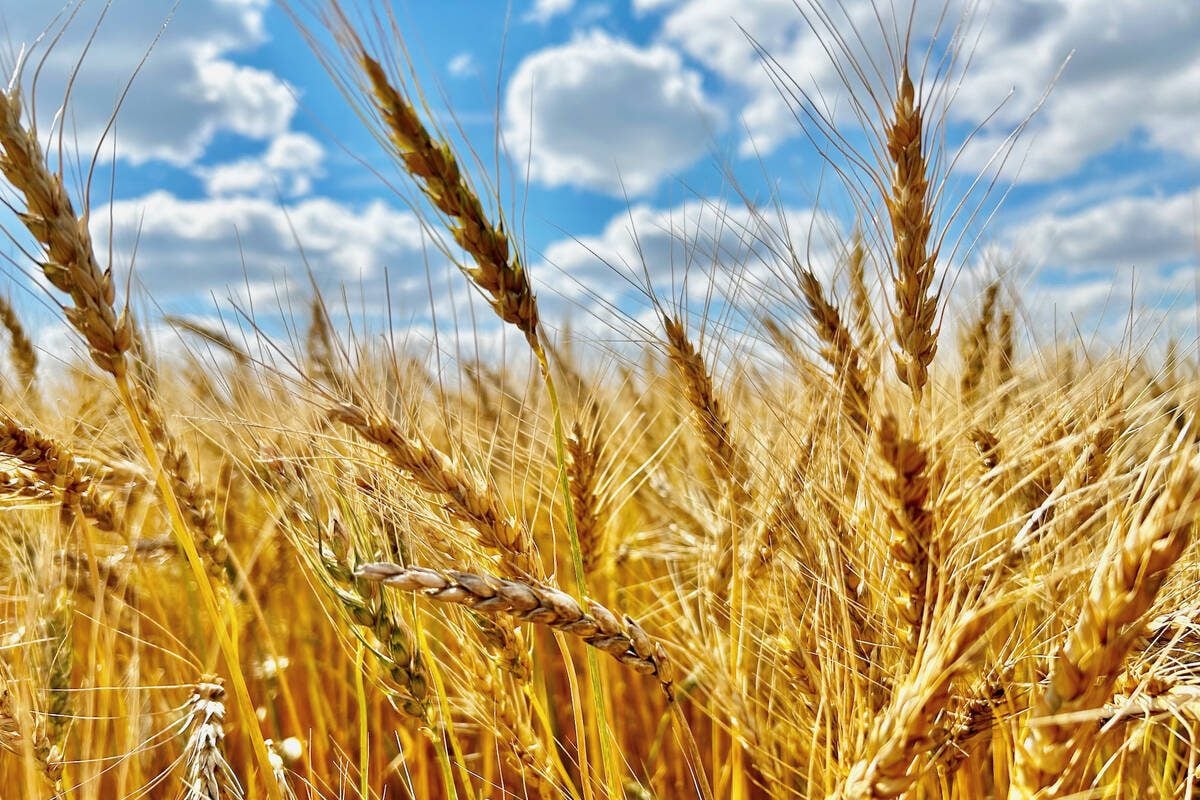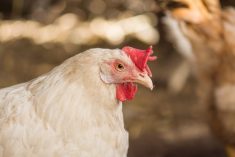GM soybean waits Chinese approval
SAO PAULO, Brazil (Reuters) — Monsanto hopes to roll out a new bioengineered, worm-resistant soybean seed for planting in Brazil next season, the firm’s Brazil president said, but a successful launch is tied to approval from China.
So-called Intacta RR2 Pro is the first genetically modified seed Monsanto has developed exclusively for South America and may help Brazil surpass the United States as the world’s top soybean producer, building on this year’s record crop.
However, it won’t proceed without a green light from China, which buys 70 percent of Brazilian soybeans and could create a major headache for Brazilian farmers and exporters next season if it does not approve the technology.
Read Also

Expana lifts EU cereal forecasts, maize exceeds expectations
Expana has raised its monthly grain production forecast for European Union crops for the 2025/26 season, projecting soft wheat output will hit a record high and barley a 17-year high.
More than 40 countries have approved the technology, but China has not.
He said the Chinese had completed technical studies on the seed and Monsanto expects an official sign-off from the agriculture ministry. The recent regime change in China may have slowed the process, Santos said.
German farm group wants limits on U.S. free trade deal
BERLIN, Germany (Reuters) — A planned free trade agreement between the European Union and United States should not completely liberalize agricultural trade, the president of the association of German farmers’ association DBV said.
Trade talks must involve upper limits to exports to prevent market disruption, said Joachim Rukwied.
Brussels and Washington hope to start negotiations in June on a transatlantic free-trade agreement which would encompass almost half the world’s economy, and are seeking as broad a deal as possible to deliver strong economic growth.
Rukwied said he did not expect free trade to open the way for hormone-treated meat or genetically modified foods into Europe.
Canada has been in trade talks with the EU for longer than the U.S. and both those issues remain unresolved.
Larger farms face EU subsidy
BRUSSELS, Belgium (Reuters) — Farmers that receive more than 5,000 euros a year in European Union subsidies will see payments above that level cut by five percent this year, to bring farm spending in line with proposed EU budget cuts.
The European Commission, the executive arm of the EU, is expected to propose the move after its forecasts showed that farm subsidies for 2013, which will be paid out from the 2014 budget, are set to exceed the limit agreed by leaders at an EU budget summit in February.
EU sources said that by exempting the first 5,000 euros paid to farmers, the reduction will only affect the 20 percent of farms in Europe that currently receive more than that each year.
That could prompt opposition from countries with a higher proportion of large farms, including top common agricultural policy (CAP) recipient France, as well as Germany and Britain.
U.S. politicians fear ‘blending wall’ scenario
WASHINGTON, D.C. (Reuters) — Two senior U.S. Republican senators have joined the oil industry in warning the ethanol mandate in that country could push up gasoline prices.
The ethanol mandate requires more biofuel to be blended into the U.S. fuel supply each year through 2022. Refiners buy credits, or RINs (Renewable Indentification Number), from producers of renewable fuels to comply with the federal targets.
Senators David Vitter of Louisiana and Lisa Murkowski of Alaska, urged the U.S. Environmental Protection Agency in a letter to take action to protect consumers from the rising costs of the credits, required by the mandate for all producers of gasoline.
Slumping gasoline demand and other factors have pushed refiners closer to a so-called blend wall, a point when the law will require the use of more ethanol than can be physically blended into the fuel supply at the 10 percent per gallon level refiners prefer.
Argentina, Brazil soybean forecasts trimmed
HAMBURG, Germany (Reuters) — German oilseeds analyst Oil World has cut its forecast of the 2013 soybean harvest in Argentina by 1.5 million tonnes and reduced its estimate of Brazil’s soybean crop by 0.7 million tonnes after unfavourable weather in both countries.
Oil World now forecasts Argentina will harvest 48.5 million tonnes of soybeans in early 2013 after recent cold weather, down from 50 million tonnes it estimated in February, but still up from the 39.7 million tonnes Argentina harvested in 2012.
Hamburg-based Oil World also said unfavourable rain means it has cut its forecast of Brazil’s 2013 crop to 81.3 million tonnes from 82 million tonnes forecast in February, still up from 66.4 million tonnes Brazil harvested in 2012.
















